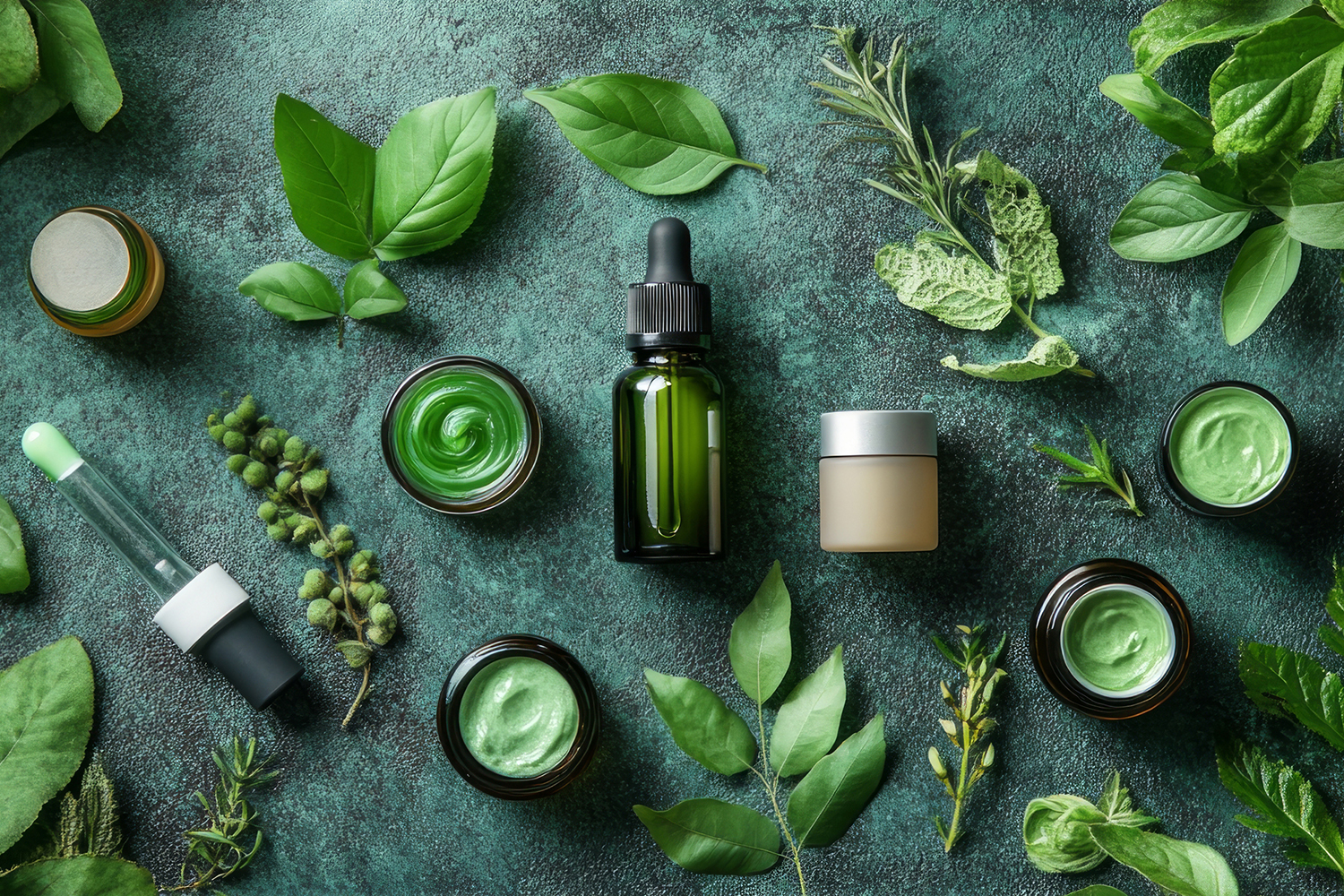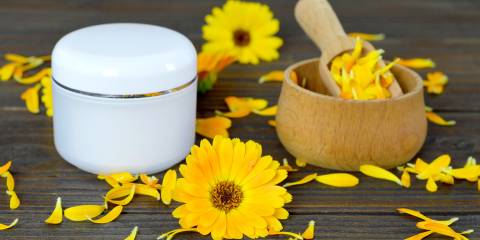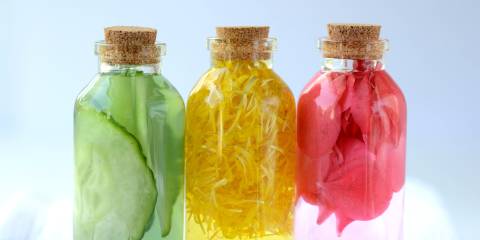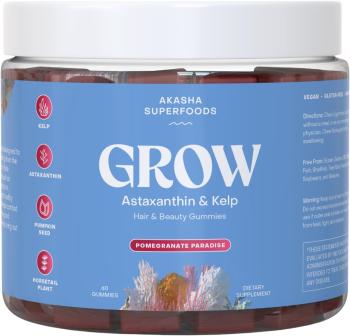Remember retinol? A superstar of the skin-care universe, this effective ingredient is well known for its abilities to plump skin, treat acne, and fight wrinkles.
Well, there’s a new kid on the block: bakuchiol (pronounced buh-koo-chee-owl). This plant-based antioxidant offers much of what retinol does but without the itchy, burning, dry, red, irritated, and sun-sensitive skin that can result from retinol’s potent actions.
With anti-inflammatory, antibacterial, and calming properties that can provide acne relief, bakuchiol is being praised as a popular retinol alternative.
Bakuchiol also offers a fresh glow to the skin, reducing hyperpigmentation and softening and improving skin texture.
Bakuchiol vs. Retinol
Both retinol and bakuchiol moderate and boost cell turnover. However, there are key differences between the two.
-
Derivation
Retinol is a type of vitamin A. Bakuchiol is plant-based, derived from the babchi plant, and commonly used in Ayurvedic and Chinese medicine to heal skin.
-
Shelf Stability
Bakuchiol is a stable ingredient and has a longer shelf life than retinol. It does not cause photosensitivity (sensitivity to UV rays), as retinol does when exposed to light. (This is why applying retinol for daytime use is not recommended.)
-
For Sensitive Skin
Bakuchiol may be more beneficial for those with skin sensitivities like eczema or rosacea. With its abilities to trigger collagen production, enhance cell turnover, and reduce the appearance of fine lines, it can also help plump skin—all without dryness or irritation.
-
In Clinical Studies
Studies on bakuchiol are limited compared to years of research conducted on retinol. However, a 2019 study found that bakuchiol was similar to retinol in its ability to improve signs of aging, and it could do so with less irritation.
More research is required to evaluate how bakuchiol stacks up against prescription retinoids for serious skin problems.
Choosing a Bakuchiol Product
Bakuchiol can be found in sunscreens, eye creams, masks, serums, oils, and moisturizers.
Consider what’s important to you in a bakuchiol product: some are moisturizing and leave skin dewy; others are lightweight and absorb quickly.
-
For Different Skin Types
-
For Sensitive Skin
If your skin’s sensitive, skip bakuchiol products that contain AHAs, retinols, or vitamin C. Choose formulations with hyaluronic acid, peptides, and ceramides to strengthen skin.
-
For Dry Skin
If you have dry skin, look for creamy formulations with olive, coconut, or apricot kernel oil; glycerin; or hyaluronic acid in creamy formulations.
-
For Oily Skin
For those with oily skin, try something gel based. Or opt for a serum offering niacinamide, exfoliants, or retinol.
-
In Eye Creams
When purchasing bakuchiol-based eye creams, consider additions like soothing rosehip seed oil, firming niacinamide, and moisture-loving ceramides to decrease fine lines and eliminate dryness.
-
-
Formulation
-
Additional Ingredients
Bakuchiol works well in combination with other skin-loving ingredients like vitamin C. However, avoid using bakuchiol with exfoliating AHAs. This combination may be irritating to the skin.
-
Concentration
When it comes to a product’s formulation, look for 0.5 to 2 percent bakuchiol if you’re new to this ingredient or have sensitive skin.
Higher concentrations (1 to 2 percent bakuchiol) are best for those desiring strong anti-aging results.
-
Using Bakuchiol Products
Whether bakuchiol’s right for you may come down to the fact that it treats many of the same issues as retinol but without as many side effects.
-
Timing
Bakuchiol products can be applied both morning and night around the eyes or to the face. Keep in mind that if a bakuchiol product also contains retinol, it’s best used once a day in the evening.
-
Application
Apply a bakuchiol product after serum but before sunscreen and makeup. For best results, use a leave-on item rather than a cleanser that washes away.
Precautions
Watch for skin reactions when sampling any new product, even ones with the less-irritating bakuchiol.
Start with a small amount, and apply it every other day to determine if it’s tolerated.
Some individuals may experience irritation with frequent use of bakuchiol.





